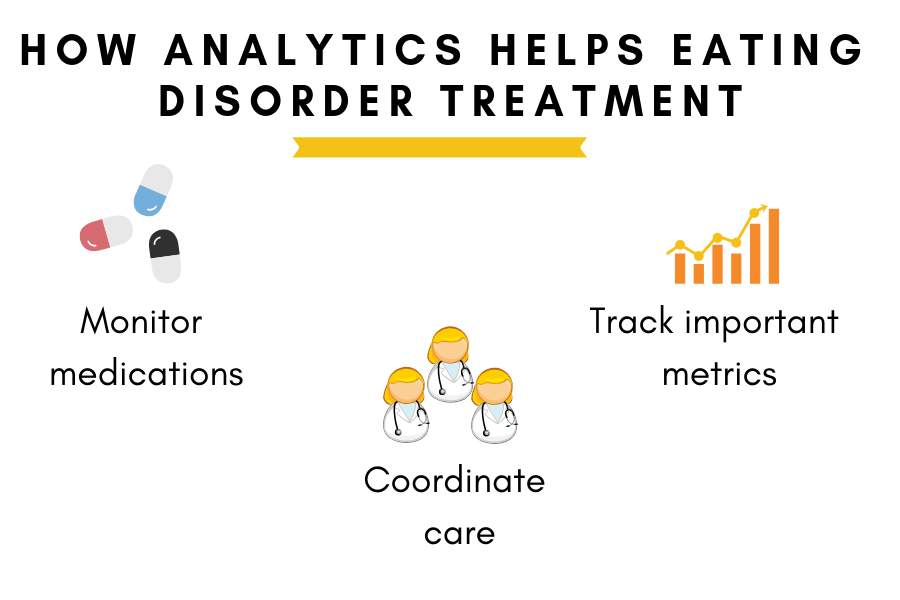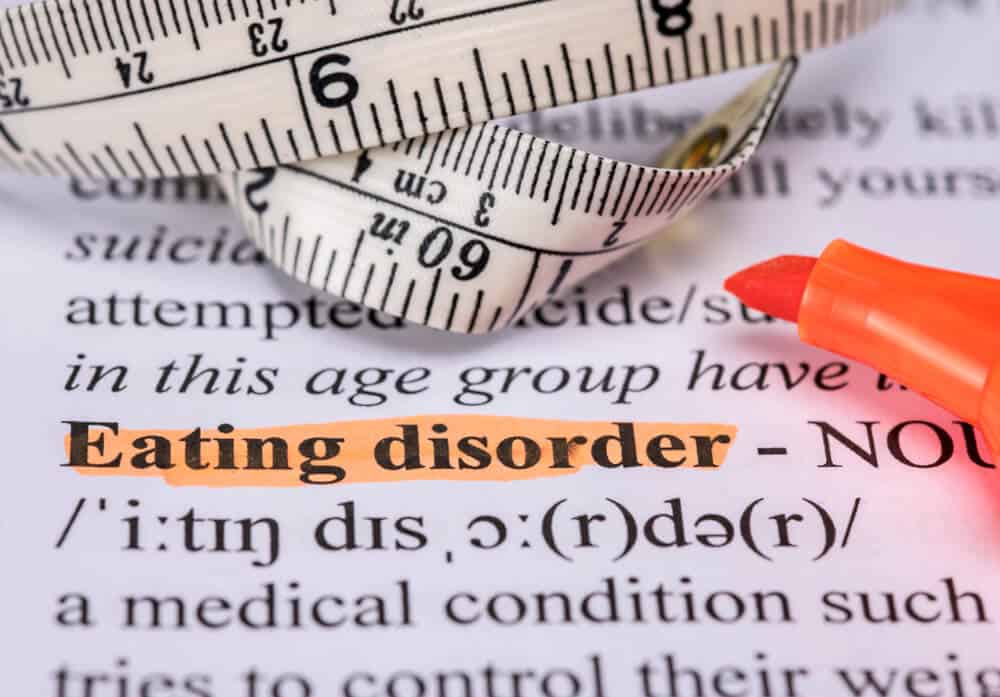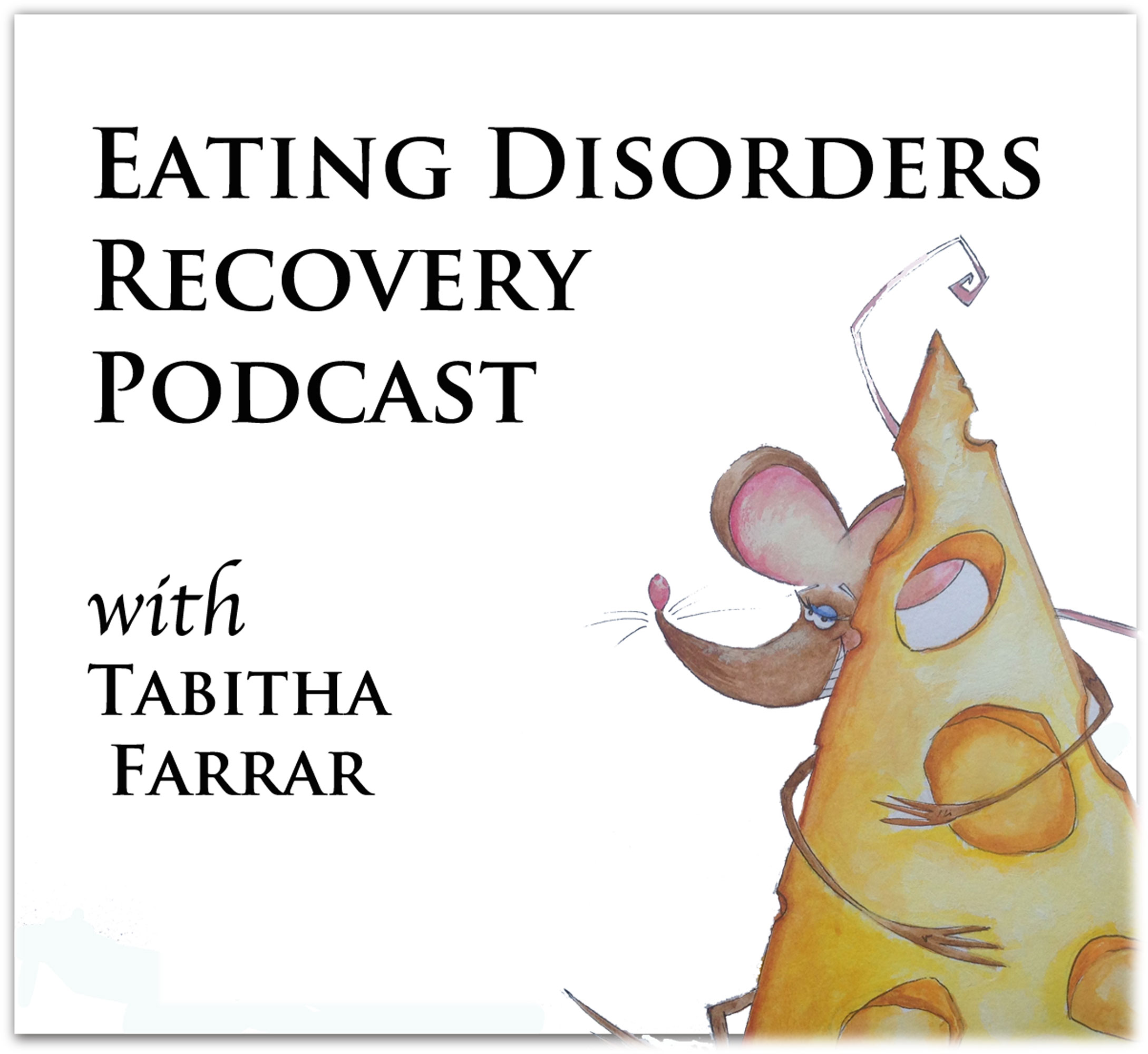Looking Good Info About How To Handle An Eating Disorder

Eating disorders are the second most lethal psychiatric disorder, followed only by opioid use disorder.
How to handle an eating disorder. People with eating disorders are at higher risk for suicide and medical complications. Becoming preoccupied with food, dieting and body shape. Skipping meals, refusing to eat, or eating alone or in secret.
Start by noticing the signs of an eating disorder, such as: Greatly restricting calories, throwing up or extreme exercise can take a toll. Learning to assess and manage eating disorders.
Mental health 5 coping strategies to use when living with an eating disorder eating disorder recovery is a journey. One very tangible thing you can do to support a loved one with an eating disorder is to eat with them or help support their eating. The most common eating disorders are:
Mayo clinic gastroenterologist brian e. The team commonly includes your primary health care provider, a mental health professional. Fbt is the most established type of therapy for children and.
The best treatment for an eating disorder involves a team approach. Cbt and ipt are the most established treatments for binge eating disorder and bulimia nervosa. Make sure there's a private, safe place to talk.
These issues are very sensitive and you don’t want any outside distractions to interrupt your conversation. Ditch the diet fad diets can often be very unhealthy, and studies show that overly restrictive eating methods may trigger episodes of binge eating. Talk therapy and behavioral therapy are very effective for some, whereas others may need medications, such as.
Treating an eating disorder varies from one person to another. Family and friends play an important role in helping people with eating disorders get the help they need. How to help someone with an eating disorder if a friend or relative has an eating disorder, such as anorexia, bulimia or binge eating disorder, you will probably want to do.
The major treatments for eating disorders include: Some of the treatments that may be helpful include cognitive behavioral therapy (cbt), a leading treatment for eating disorders, as well as psychotherapies.

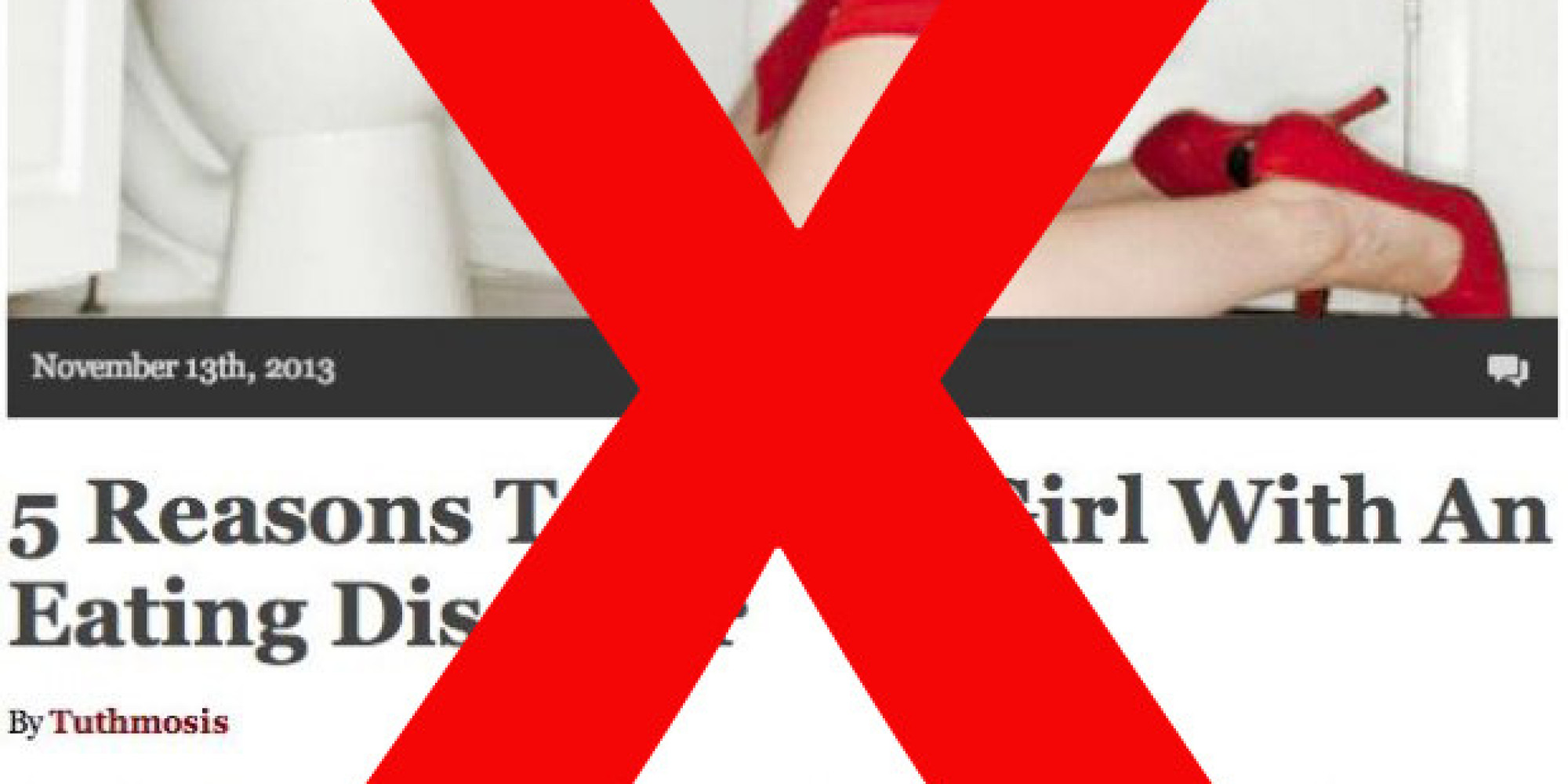





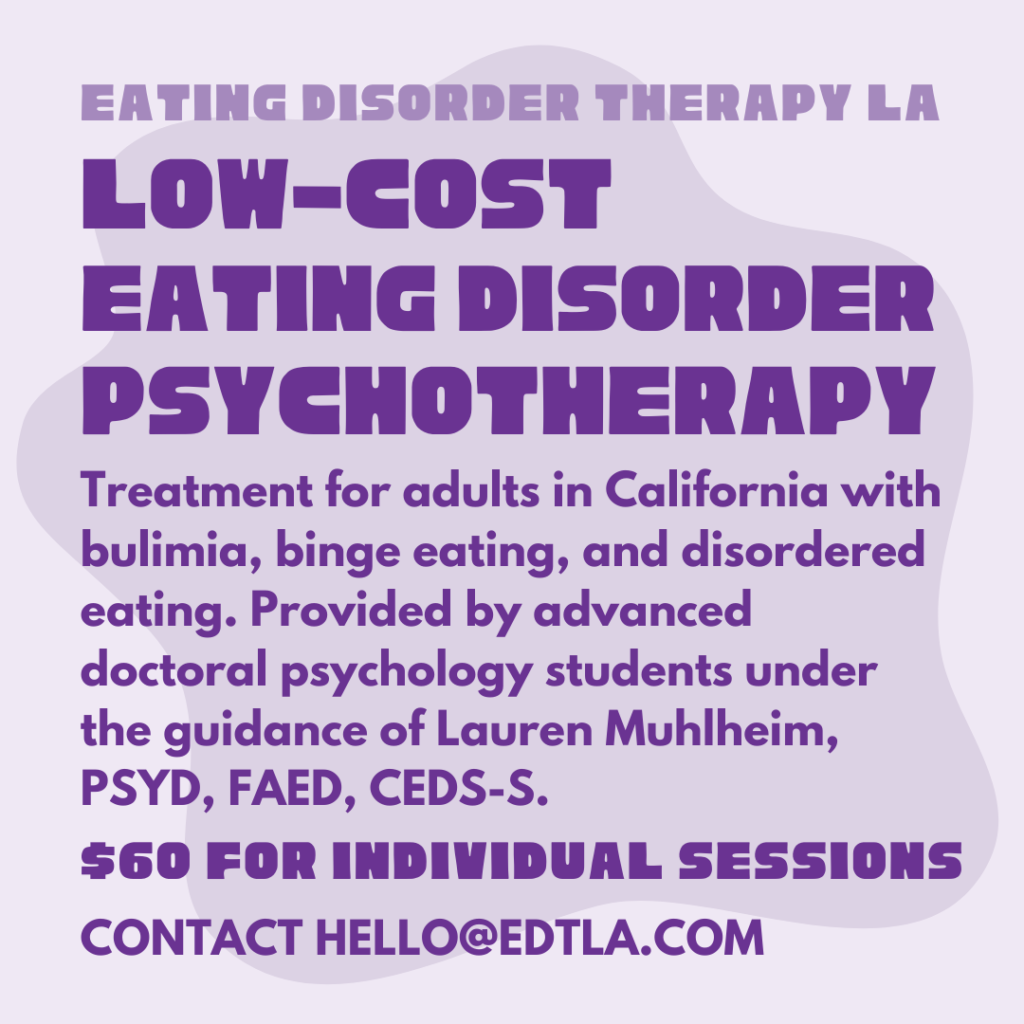

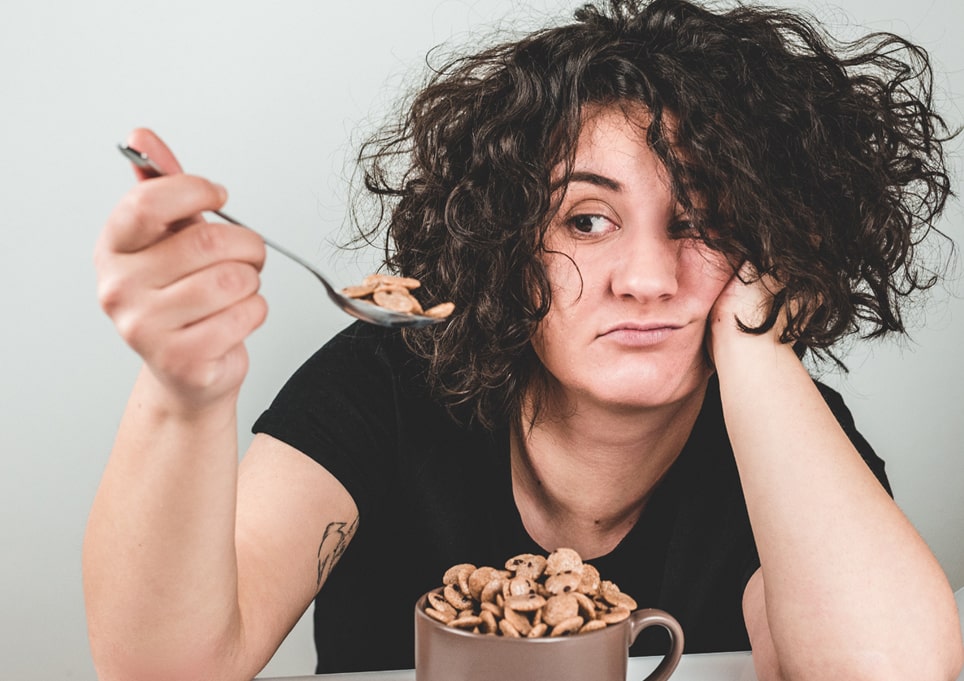
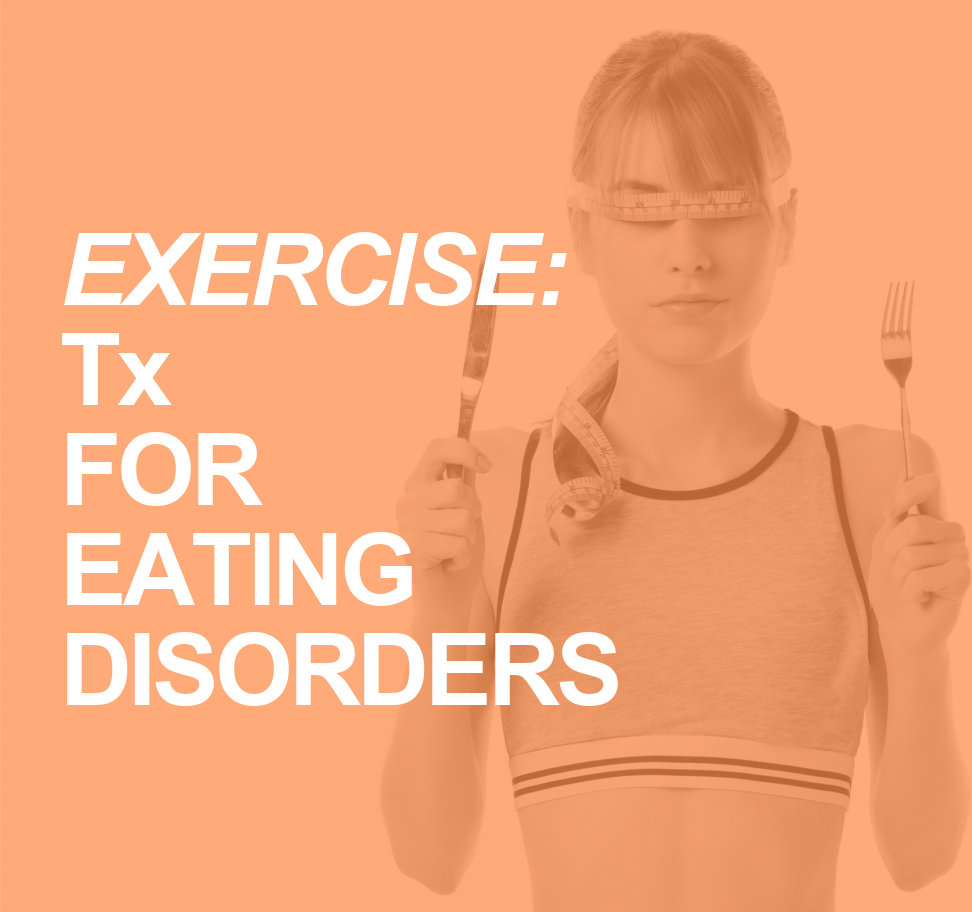


/promo-9872c520387746eda832d6284f2c6ce0.jpg)
